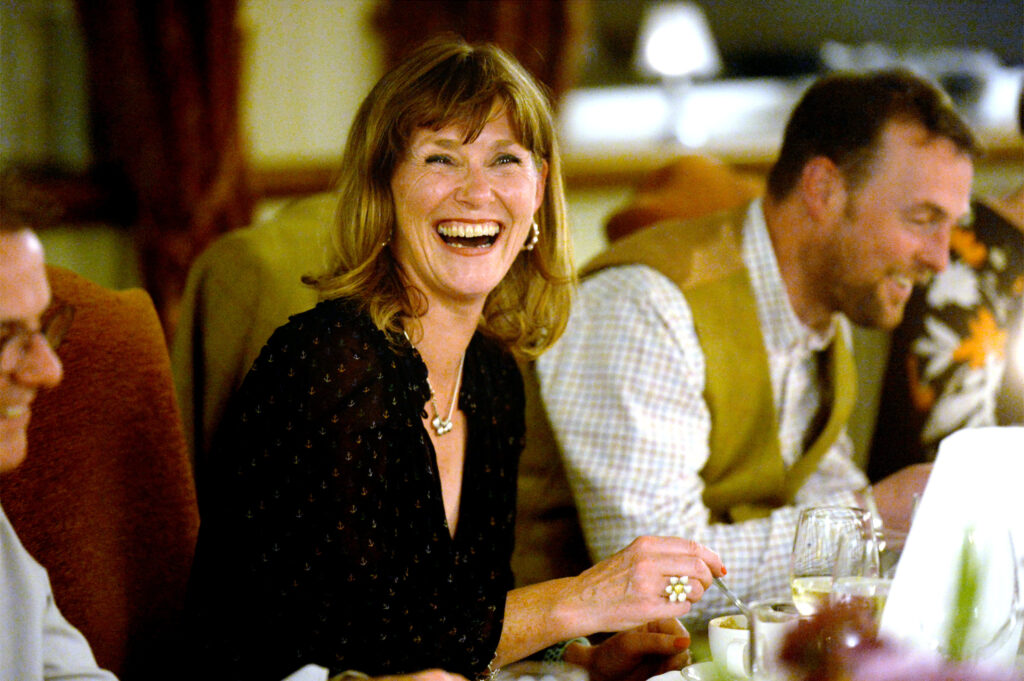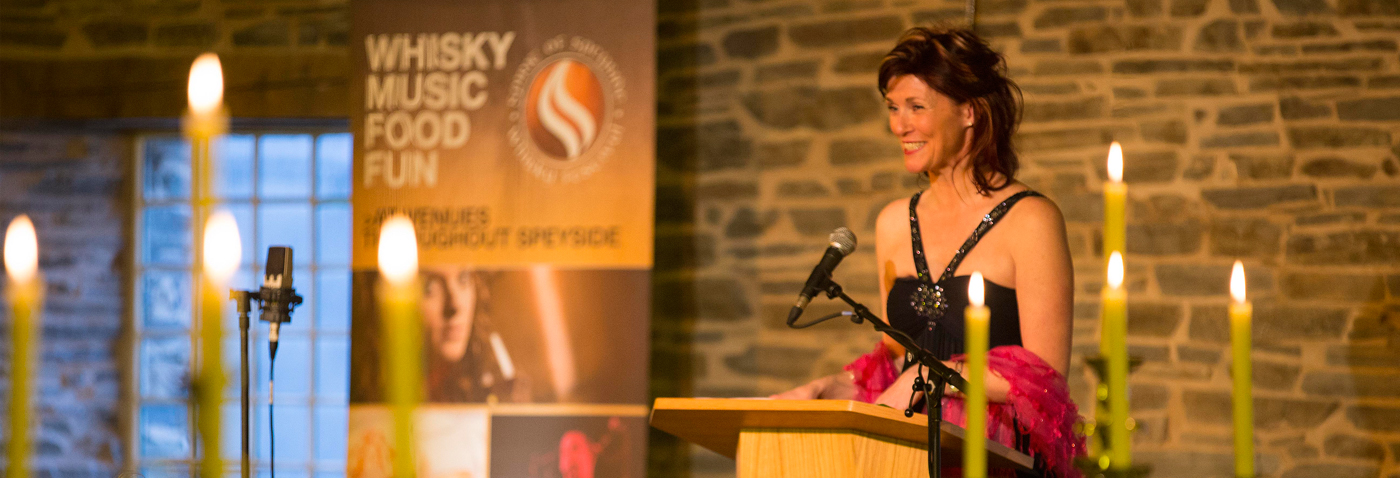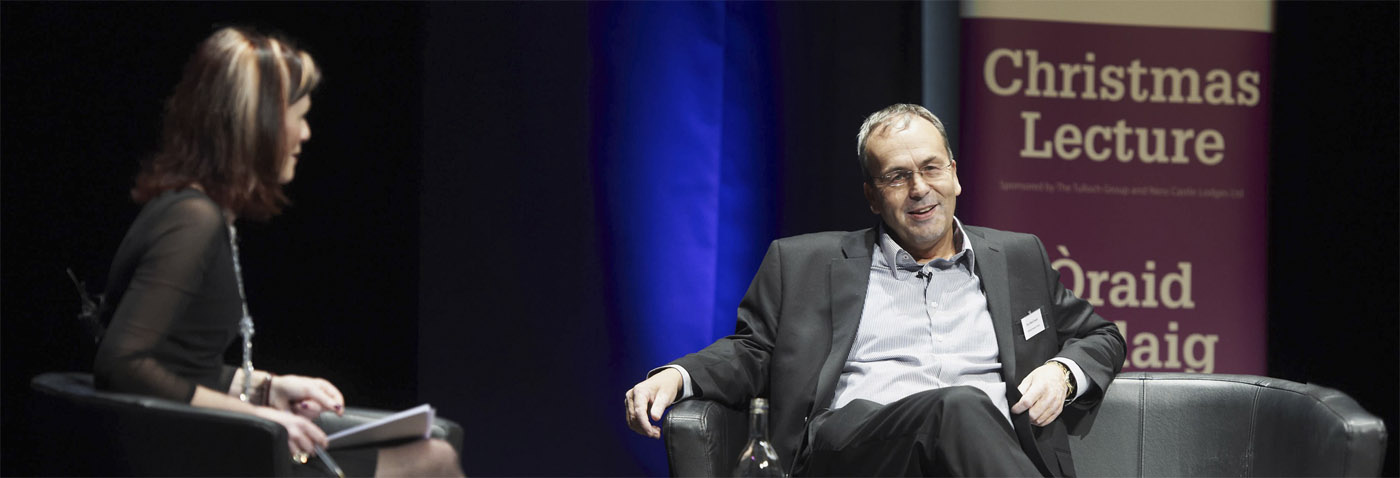I have a drastic need to reduce my plastic
You don’t need me to tell you about the impact that plastic has on our environment. From marine and soil pollution to the fossil fuels needed to produce the stuff, our over-reliance on it is an environmental disaster. Some plastics are brilliant, of course, and have improved our lives for the better. It’s the unnecessary, single use stuff that’s problematic. Thoughtlessly (or even carefully) discarded, it hangs around for centuries. We need to rethink.
By the time Radio Scotland phoned me at 11 on Monday morning I’d already used dozens of bits of plastic that day. There was the first plastic I reach for on waking – my inhaler – and the plastic bottles of shampoo, conditioner, face creams and body lotion. And all before I even switched on the kettle.
My morning cuppa was deliberately from a plastic-free teabag (check your brand, you might be horrified!). But I added milk from a plastic carton and unwrapped a loaf from a plastic bag. Only my banana was in plastic-free packaging. Going plastic-free for a week was going to be a real challenge.
It’s about cutting down on plastic
But ‘plastic-free’ wasn’t actually the goal. My challenge, from environmental scientist and waste-reduction blogger ‘Less Waste Laura’, was to cut down on the amount of unnecessary single use plastic that I use, and to make switches, as and when my current products run out, to plastic-free alternatives. The plastic that we – rightly – bag and bin after twice-weekly lateral flow tests, is unavoidable, and therefore excusable. The tight layer of plastic round the cauliflower from the supermarket is nonsense.
But why bother? As Laura explained to me, 80% of Scotland’s carbon footprint comes from the products, goods, and services we consume, often just once, then throw away. We now produce more emissions from burning waste than burning coal. So, it’s about more than just waste, it impacts hugely on climate change too.
Small, manageable swaps
Reducing plastic consumption is not about us making massive changes all at once, but about making small, manageable swaps. Instead of buying plastic wrapped food, toiletries, and cleaning products, are there loose, glass, tin, or cardboard-wrapped options instead? Could I get milk delivered to my doorstep in glass bottles? Use a farm shop instead of the supermarket? Buy drinks in cans instead of plastic bottles?
So, I have accepted the challenge. Instead of plastic sponges for the dishes, compostable versions made from loofah are on their way. I’ve bought my last plastic-wrapped packet of tissues and will instead use white cotton hankies which – pleasingly – remind me of my Papa. And I’ve switched from plastic deodorant bottles to one in an aluminium case that takes cardboard refills – they smell divine! (and – if you’d like to get a case from the brand I use free – there’s a link to click here.)
Even switching to beeswax wraps and plastic-free detergents, I’m barely making a dent in the world’s over-reliance on plastic. But thanks to Laura I’m making more of an effort, and there are several fewer bits of plastic being discarded each week. What impact could we collectively make?
Networking is BACK!

Business Dinner 24 September 2021 at the Drumossie Hotel: Nicky Marr, Event Host and Columnist
Picture: James Mackenzie
Last Thursday was a monumental day – after 18 months of near-hibernation on the business networking front, Executive Magazine hosted a fun, tutored coffee tasting morning with Inverness Coffee Roasting Co.
Still well-caffeinated, I headed to The Drumossie that evening to host a round-table dinner with a handful of businesses. There was excitement of being ‘out out’, and the fabulous food, wonderful company, and glorious surroundings lent a warmth and intimacy to the evening.
Conversation flowed easily. We touched on everything from Covid and Brexit to discovering contentment in smaller pleasures; connections with family, reassessing priorities, fishing for mackerel, and the beauty of parts of Scotland we’d previously overlooked.
The Chatham House Rule prevents me from attributing any stories to anyone present; too much delicious wine prevents me from remembering much of who said what anyway. But I am left with a warm feeling of camaraderie, and real admiration for the resilience of the human spirit.
Who would drive a lorry here? Honestly.
Driving through France, we regularly came across large tables of lorry drivers eating together at service stations. Over tablecloths and bread baskets, the atmosphere was genial and relaxed, and there was a sense of society – all hallmarks of good quality of life.
This past week, hearing horror stories about the reality of working as a UK truck driver – low wages, terrible overnight facilities, fast food – I thought about what we saw in Europe. Will the UK Government’s measly 5000 temporary work visas be taken up by European drivers who presumably have permanent contracts at home? Why would they come back?
What an absolute shambles.
Please help spread the word by sharing this with your friends/family/on social media and encouraging them to sign up for my weekly emails – they’re free!



